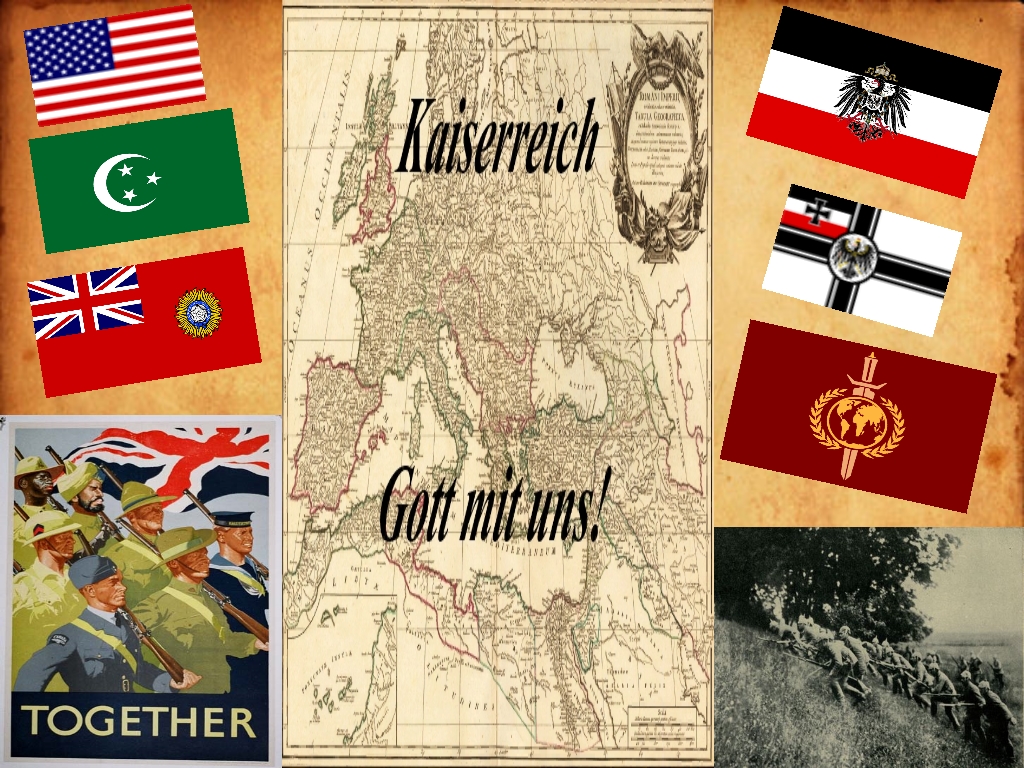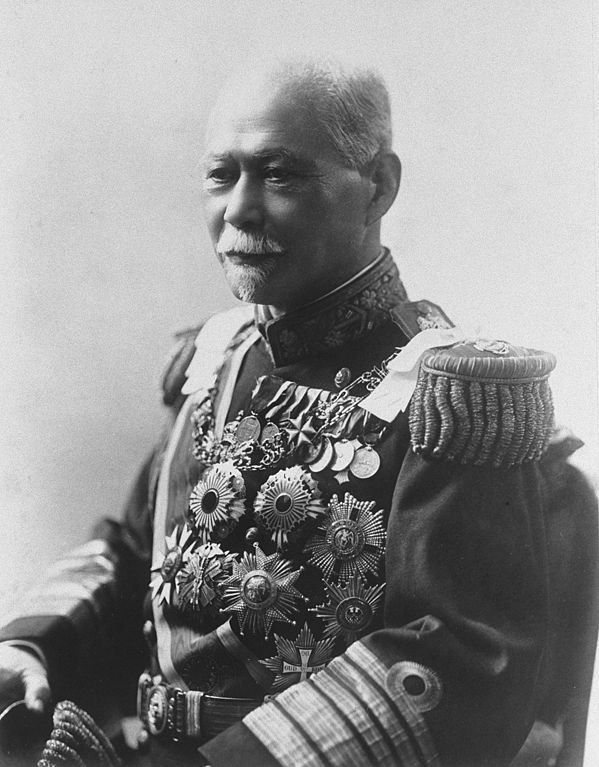五. 十・六事件
Chapter Five: October 6 Incident
The morning of October 6, 1915 marked a significant evolution in the Japanese Empire’s politics, military, and national integrity. For months, the civilian government had been chipping away at the temporal power of the armed forces—through the reformation of how the Korean and Taiwanese Governor-Generals worked, and through the refusal to allow for the appointment of an active military officer to the office of Prime Minister—the new Prime Minister, Minobe Tatsukichi, was a known enemy of the Imperial war-machine’s influence.
The nationalists had been leading outbursts of violence in the months of the governance of Prime Minister Inoue and now, Prime Minister Minobe. With Minobe’s appointment, they felt ready to act. In the days before the October 6th incident, several high-ranking Japanese officers in the Army planned to focus on a few key items
First, the assassination of enemies of the Empire and those who stand in the way of kokutai. This meant that the Prime Minister, whom was a major proponent that the Emperor was an organ of the state, was the prime target.
Secondly, the reversion of all major reforms put into play since the ascent of the Taisho Emperor in 1912; this included the reforms to the Korean and Taiwanese colonies, which would be placed under direct military rule, as they were de facto before.
Thirdly, the dissolution of the Diet, and the full empowering of the Emperor as the sole embodiment of the state and the people. They felt that, should the Emperor not be willing to assume this role, they may be forced to replace the Emperor with a regency under one of his sons—his eldest, Prince Michi, seemed a viable candidate to replace the Emperor, but they also looked at Prince Chichibu as a potential replacement for the Emperor as well.
In the morning of October 6th, the plot went into action. The Army staged a coup d’etat in Taipei, Gyeongseong and in Tokyo. In Gyeongseong, they seized the Governor-General’s mansion—the Governor-General, fortunately, had been in the Northern Korean countryside at the time, and escaped death. Upon hearing of the seizure of power in Gyeongseong, Governor Takahashi did not return to Gyeongseong, but instead remained where he was with loyalist military forces.
In Taipei, the Governor-General managed to barely escape with his life. The small civilian boat he was on managed to slip through the early morning, and he arrived on Okinawa safe—the Army thereafter occupied the Governor-General’s office in Taipei as well. It was not long after that the office came under siege from loyalists.
In Tokyo, the largest concentration of Army traitors seized the Ministry of War, arresting scores of officers whom did not join their coup d’etat—they hoped to purge the Army of any dissenting officers, and convince the Navy to join them to force the Emperor to capitulate to their demands.
They attempted an encirclement of the Prime Minister’s house, but failed, as the Prime Minister had already fled after early news of the rebellion in Gyeongseong and Taipei had become clear. Overzealous members of the rebellion attempted to assault and force their way into the Imperial Palace to deliver their ultimatum to Emperor Taisho. However, upon entry, they were fired upon by several police-officers. One overzealous officer launched a small firebomb at the group of police officers and started a fire within the Imperial Palace. The quick spread of the fire eliminated the ability for the Emperor to reach safety. In the chaos, the Emperor attempted to affect his own escape from the burning Palace by climbing out of a second story window. However, the window-sill, still wet from a previous night’s rain, caused the Emperor to slip. The Emperor fell out of the window and fell on his head, knocking His Imperial Majesty out cold.
The rebellious soldiers were driven out of the Imperial grounds, and the Emperor was discovered shortly afterwards. News of what had happened to the Imperial Palace (now half-burned out) and the Emperor spread across Japan thanks to telegraph, and soon, members of the rebellious soldiers’ ranks were turning on themselves, and fighting soon broke out between those whom were reluctant accomplices, and those whom were die-hard militarists.
The turning point was when the rebels attempted to seize the Diet building and arrest those inside. Taking up weapons, many police officers, loyalist soldiers, and others, gathered at the Diet, and traded fire with the rebels from their barricades. Soon, more loyalist officers arrived and started attacking from the flank.
The Navy, which had been just as insulted by the civilian government’s actions, put down any attempts to join the rebellion. More moderate officers prevailed, and managed to prevent any major mutinies from erupting. More than 180 naval officers were arrested and handed over to the civilian government for trial.
The military coup d’etat failed after the Ministry of War was reclaimed by the Loyalists. The ring-leaders of the coup were arrested, tried, and sentenced to death in the same day. That same afternoon, Prime Minister Minobe ordered an investigation into both branches of the Armed Forces to verify that there were no more plotters and conspirators in their ranks.
Public trust in the armed forces was significantly damaged by their foolish venture that day, and hundreds of soldiers, officers and people with militarist and nationalist sentiment were arrested and imprisoned, or even executed. Yamamoto Gonnohyoue was named the ring-leader of the plot, and was executed on October 10th. The Emperor slipped into a coma induced by severe neurological trauma and pre-existing condition. With a regency needed, and none of his sons of age, someone new had to be found.
They enlisted the aid of Ōyama Iwao, an elder statesman and, ironically, one of the founders of the Imperial Japanese Army, to serve as Sesshou. While he was supportive of the genrō and against democratic politics, he was also very reserved, and did not put his interests before that of the state, and therefore pledged to serve as Regent and do his job with impartiality.
Whilst the Emperor’s children had not been involved in the coup, a great amount of public suspicion encircled both Michi and Chichibu, as they had been listed in the rebel’s demands as ‘replacements’ for the Emperor, should he have refused their demands.
While Michi would still inherit the Chrysanthemum Throne upon his father’s death, there was little to no enthusiasm for the Emperor to die any time soon.
The regency of Ōyama Iwao lasted a brief two months. On 2 December 1915, the Regent died of a heart attack. The council then convened, and anointed Hirata Tosuke as Sesshou, which is where he would stay until the Regency dissolved in 1919.





